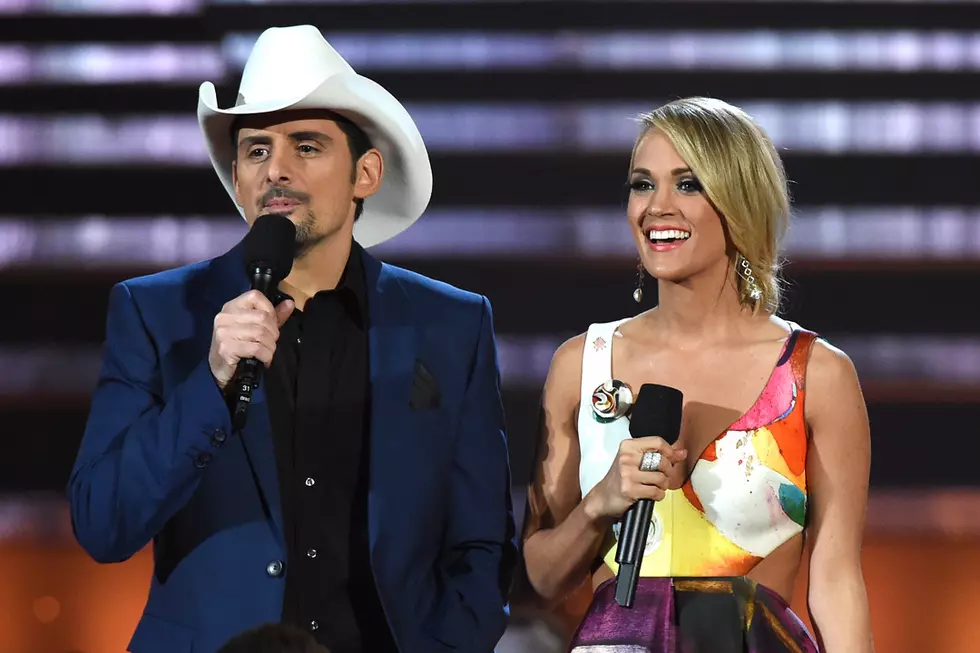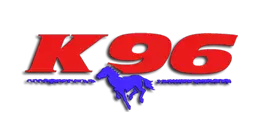
MSU Extension offers advice on opening a medical savings account for state tax savings
BOZEMAN – Opening a Montana medical care savings account by Dec. 31 to help with medical expenses not covered by a health insurance policy or flexible spending account can help individuals save on their state taxes, according to Marsha Goetting, a family economics specialist with Montana State University Extension.
Goetting said that individuals who have had medical expenses during 2019 that won’t be covered by a health insurance policy, a flexible spending account, or a Federal Health Care Savings Account (HSA) can open a Montana medical care savings account (MSA) by Dec. 31 and cover those expenses. Individuals who deposit up to the 2019 maximum of $4,000 can reduce their Montana adjusted gross income by that amount on their tax returns. Doing so will result in a tax savings of about $276 on a taxable income above $17,900.
“This is really a good deal for Montanans,” said Goetting. “Yet, in past years, only 1.1% of Montanans have taken advantage of this opportunity. When I ask why, many explain they were told they were ineligible because they don’t have a high deductible health insurance policy. However, you do not have to be in a high deductible health insurance plan to be eligible for an MSA. And, unlike an HSA, you can be age 65 and over and still be eligible for an MSA. Others say they have never heard of a Montana MSA. But these accounts have been around since 1997.”
This income tax advantage using a Montana MSA does not apply to individuals’ federal income taxes and should not be confused with the Federal Health Savings Accounts (HSA) or Federal Flexible Spending Plans (FSA), Goetting said.
If individuals do not use any of the money deposited in their MSAs during the year it was deposited, then the balance can be used for eligible medical care expenses in future years. The balance in the account continues to earn interest that is free from Montana income taxation.
“It doesn’t matter if you already paid 2019 medical bills either by check, cash or credit/debit card, you can add up those eligible expenses, make a deposit by Dec. 31 and reimburse yourself from the MSA account on the same day for eligible expenses paid January through December,” Goetting said.
Montana accepts as eligible expenses any that are listed in the IRS 502 publication, "medical and dental expenses," which can be found at https://www.irs.gov/publications/p502.
Goetting added that individuals can reimburse themselves for paid eligible medical expenses by January 15, 2020. But if an individual hasn't yet paid those bills because their health insurance company hasn't sorted out what it will pay and what the individual owes, reimbursement for those unpaid eligible expenses during 2020 may be made by the end of the year.
“MSA funds can be used to pay medical expenses for yourself, and for your spouse, parents, dependents and anyone else,” Goetting said.
Individuals can reduce their Montana adjusted gross income by the total deposited in their MSA, even if they only used a portion of that total during the tax year. Any remainder can be used for paying medical expenses in future years.
“Some Montanans have put money in their MSA every year but have not used it because they are saving the funds for long-term care expenses,” said Goetting. “Others plan to use their MSA as a legacy for children and grandchildren. You can place a payable on death designation on the MSA, identifying who should receive the money after your death. Your spouse, parents and kids can then use the money for their own eligible medical expenses without Montana income tax consequences.”
Parents and grandparents can also gift money to their adult children and adult grandchildren for an MSA. Whatever amount is gifted and deposited in an MSA can be taken off the adult children and grandchildren’s income, Goetting said. Then the adult grandkids get the tax break, but not the grandparents.
An MSU Extension MontGuide is available to help individuals decide if they would benefit from a Montana medical care savings account. The publication (MontGuide 199817 HR) can be downloaded for free at http://msuextension.org/publications/FamilyFinancialManagement/MT199817HR.pdf
A copy can also be obtained from MSU Extension offices or by emailing goetting@montana.edu.
- MSU News Service -
More From K96 FM









